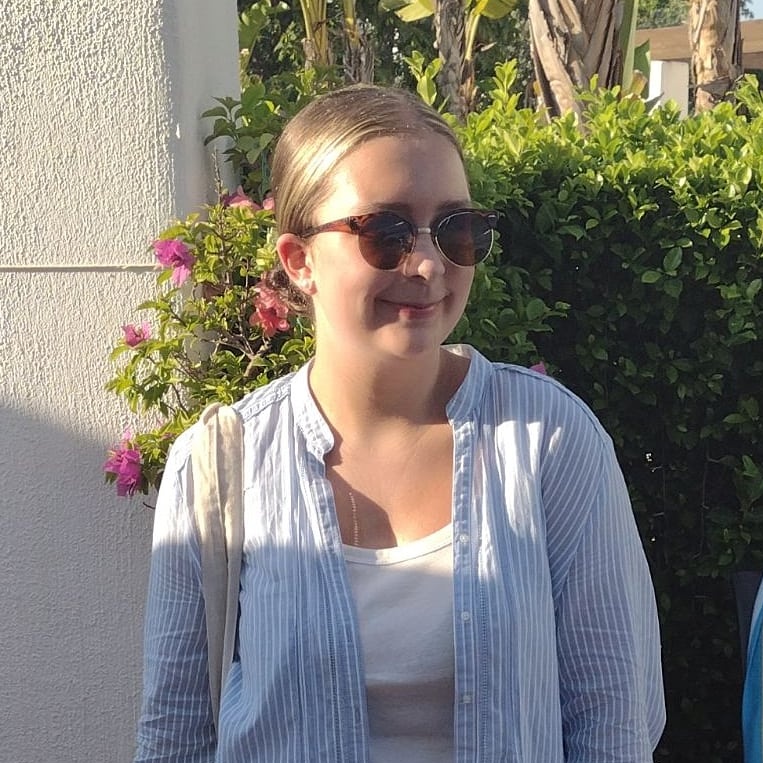
How do novels pop into existence? Maybe the author super-glues a ton of printed Word Docs together or falls asleep next to the printer. Yes, I have done all of the above. However, I found myself asking all of these questions when I decided that I was ready to write my first book. In my mind, I had these little characters dancing through my thoughts and a ton of cinematic slow-motion scenes running around my brain, but figuring out where to start was tricky. After writing a few stories since then, I’ve picked up a few notes on how to handle the wild world of novel writing.
Firstly, try figuring out the central piece of your plot. What story do you want to write? A (much more experienced) writer once said to me that you should be able to sum-up your story in one line. Otherwise known as pitching. Get a page and work out the key elements of your story, such as the goal that your characters are working towards. Whether that’s challenging the antagonist in an epic battle, confronting their former friend or fighting in a boxing match, your story should have a climax. This might seem a bit overwhelming, and I think that describing your story in only a few words is harder than writing tens of thousands of them. For example, here was the one-line pitch that I wrote for my (then unpublished) first novel.
“A young woman accused of witchcraft in 16th-century England disguises herself as a lady-in-waiting to escape execution, leading to a discovery of unspeakable royal mysteries.”
This offered a glimpse of what would become my book, Bewitched, and I re-read this sentence any time I felt myself wandering from the central plot. You don’t want your reader to be confused over what your book is about! Having a foundation to build your story on is hugely important, and a vital step in getting to the end of your book.
Next, start thinking of the characters that will lead this story. The folks that are top-class world builders might choose to design their land first, which is one hundred percent fine, but every story requires a protagonist. You could try sketching your main character first to see what they look like, and that might spark inspiration for their personality. Are their clothes covered in paint? Maybe they are an artist. Try searching through baby name websites, or for the fantasy authors, you could combine a variety of names to make one totally unique. A bit of quirky advice might be to look at the people around you, stealing a hobby or two from them and giving your character the same. This might be useful later if you’re writing about an ice skater but have never tried that sport, because you could always ask that person. Personally, my sporty characters are all inspired by sports that I’ve played in the past. Why not do a bit of research though? Or become an ice skater yourself. Always a possibility.
As mentioned, another starting point is building your world. What does that actually mean, though? You could try sketching the country or fictional place that your story will be set in, adding annotations for the important locations. This might be your protagonist’s house, a grand castle or the river that they swim through. Whatever works for your plot! In my experience, I haven’t built many worlds, but I did draw a map for my first book. This helped me to figure out where buildings, forests and more were and roughly how long it would take my main character to travel between them. However, my recent stories have been set in areas that I’ve visited and taken at least five hundred pictures of. You wouldn’t believe this, but I have taken a snap of a random bench in a rural town because my characters sat there in the story …
Moreover, try tracking your thoughts. You might have a good vision of where you want this story to go, and possibly the types of scenes that you want to add. Months before I start officially writing a book, I keep a section of my notes app to write any scenes that come to mind or characters that randomly appear. When you’re on a walk, on a rollercoaster or engaging in your daily life, inspiration can strike. If you’re more of a pen-to-paper writer, keep a little notebook in your bag. Even a few words that you overhear on the bus to school could lead to thinking of a major plot point in your story. Keep your handy notes!
Finally, create your plot map. You might start with the beginning, midpoint and climax of your story. If you don’t know how your book will end yet, you might be a total pantser and figure that out on the journey. My plotter brain enjoys rushing ahead to the ending but doesn’t tend to focus on my opening, therefore I spend a lot of time trying to make the first chapter fit. Try crafting your first chapter with very intricate details, and ‘pantsing’ your second without any planning. One way might produce better writing than the other!
Above all, follow the method that satisfies you. You may not bother with any planning and go head-first into your story. If you’re a plotter, every line might be organised before you start typing. Regardless of your process, these are all simply tips to create the foundation for your story. Start with your one-line story synopsis and watch the magic happen. Writing a novel is a truly incredible journey of the mind, however you decide to handle your words.
Support Young Creators Like This One!
VoiceBox is a platform built to help young creators thrive. We believe that sharing thoughtful, high-quality content deserves pay even if your audience isn’t 100,000 strong.
But here's the thing: while you enjoy free content, our young contributors from all over the world are fairly compensated for their work. To keep this up, we need your help.
Will you join our community of supporters?
Your donation, no matter the size, makes a real difference. It allows us to:
- Compensate young creators for their work
- Maintain a safe, ad-free environment
- Continue providing high-quality, free content, including research reports and insights into youth issues
- Highlight youth voices and unique perspectives from cultures around the world
Your generosity fuels our mission! By supporting VoiceBox, you are directly supporting young people and showing that you value what they have to say.





